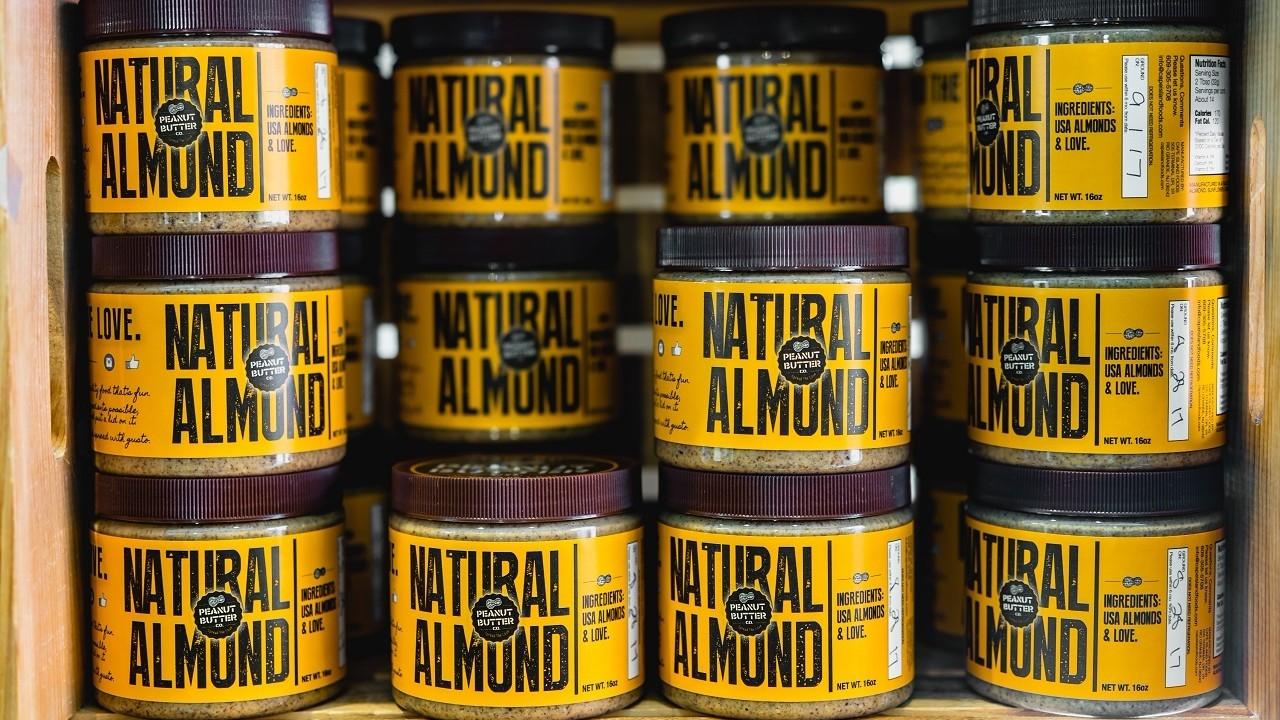Important Labeling Tips for Food Businesses

Over the past few years, food labeling has become a target of class action lawsuits and regulatory action. Every day we read about a new lawsuit attacking words such as "natural" or an FDA warning letter notifying a business of a food labeling violation.
While many food businesses facing a lawsuit or regulatory action may not believe they are doing something "wrong," many FDA regulations have pretty wide grey areas which are subject to interpretation. However, just because you aren't directly in violation of a regulation, doesn't mean that you're in the clear. In fact, many actions are predicated on an alternate interpretation of the same regulation. Meaning that your business needs to be ready, if it chooses to take a stand, for litigation costs and potential adverse publicity.
Top Labeling Best Practices
Food companies can avoid lawsuits over labels by taking proper precautions. While nobody can prevent all possible claims against a food company, this list will hopefully help you avoid those within your control:
Keeping up to date on food regulations
Numerous government agencies regulate food labeling. Anyone involved in drafting a label must know and understand the various regulations promulgated by the FDA, USDA, state and local authorities, and other regulatory bodies. Labeling rules are constantly changing and businesses must be thinking about the future. Sometimes, by the time the product hits the shelves, the rules could change.
Do not assume the words in the label mean what you think they mean
A food manufacturer should not use words like "natural", "healthy" or "GMO free" on a label unless they have studied the regulations and know how courts are interpreting those words. Labeling rules can be ambiguous, and that ambiguity has led to litigation. Manufacturers must understand the risks it may undertake when making claims on their product labels.
Look at the big picture when designing a label
Individual words or phrases may pass muster, but when combined with images on the label it could become a problem. For example, pictures of hearts on packaging together with claims that the product is good for you has been the target of claims.
Do not advertise beyond what you are permitted to say on the label
While you're regulatory reviewer may give a clean bill of health for the product label, the company may engage in overselling the product when it promotes the product in print, video or online advertisements. The Federal Trade Commission, which regulates advertising, could claim false advertising, or those advertisements may become one more item in the lawsuit.
Conclusion
Earning a profit in the food industry is difficult enough without having to deal with litigation and/or regulatory costs. However, businesses can avoid lawsuits or government actions by following best practices when designing a label and promoting a product.
If you want to learn more about labeling, please check out our course: Labeling Your Food or Beverage Products: FDA Labeling Basics.
It's only available at StartupFoodBiz.com.
Stay connected with news and updates!
Join our mailing list to receive the latest news and updates from our team.
Don't worry, your information will not be shared.

